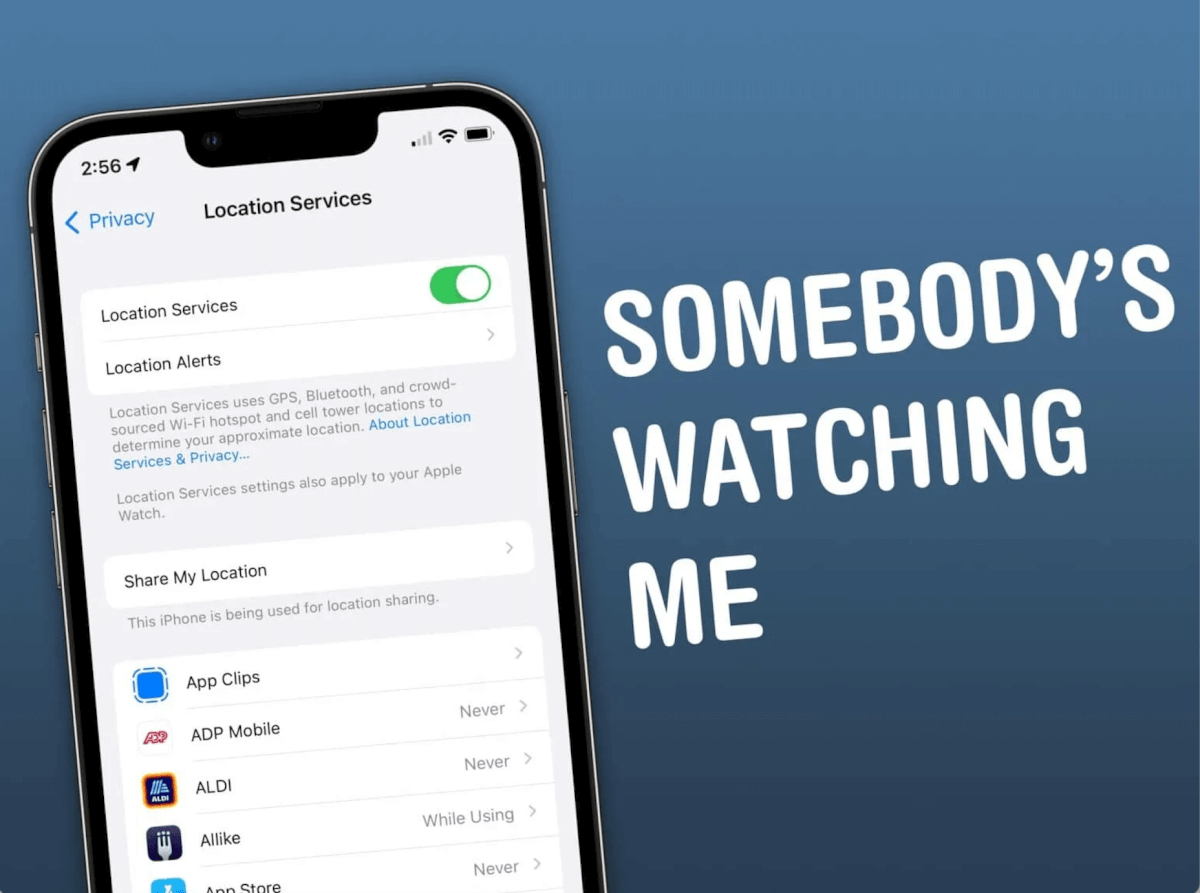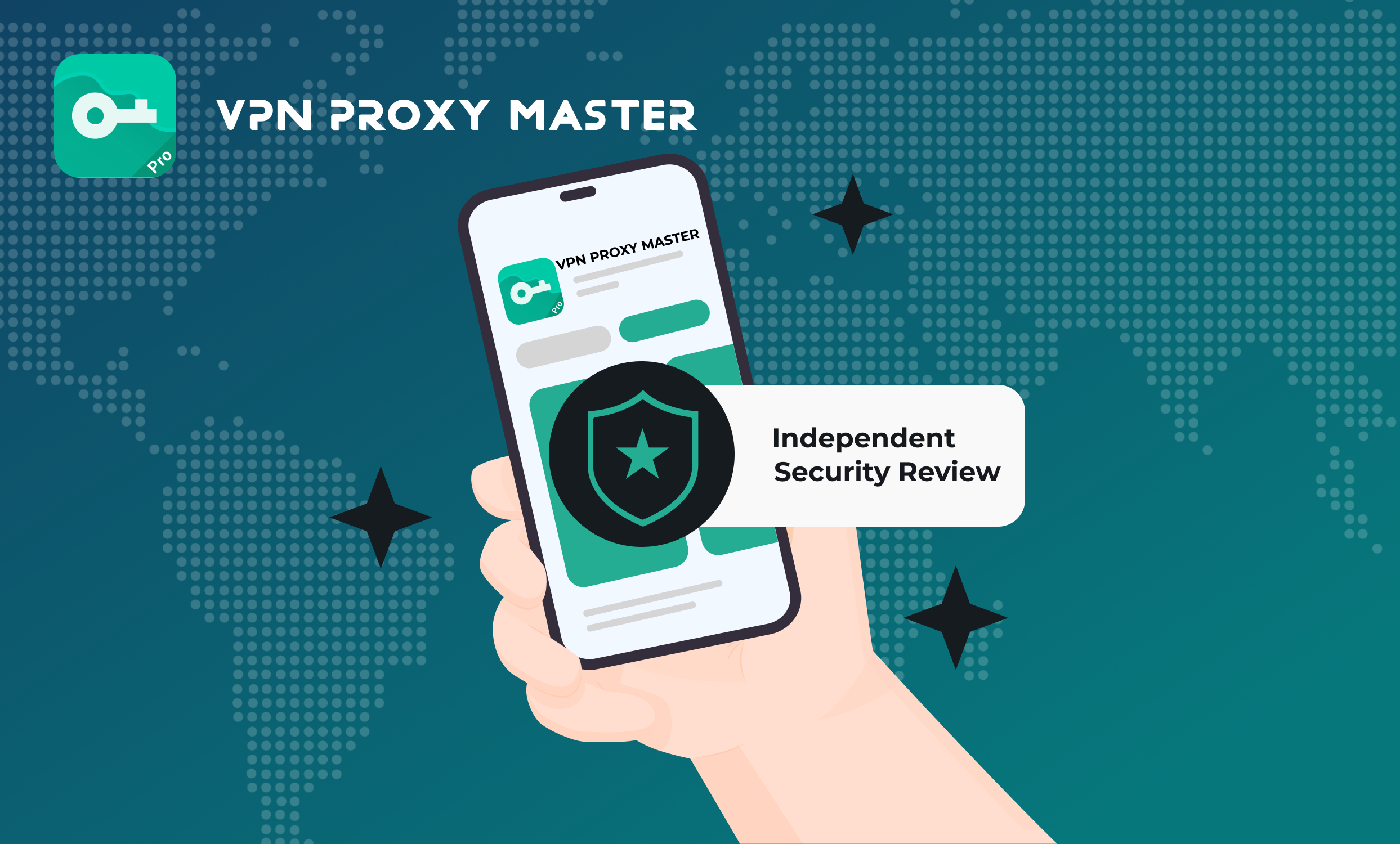
Nowadays, the internet lets the world to become a place where people can socialize, carry about global businesses, or get news of current events. However, with every advantage, there are also increasing demerits and costs users have had to pay. At the same time, there are scams on internet. For instance, scams like the dating app crypto scams, PayPal scams, and Venmo scams. Even before computers, though, some sought out new ways to defraud.
This blog will look at some of the biggest internet scams.
The Banker Estate Scam
There were 28 con artists involved in this hoax, which went on for 70 years before being busted in 1936. Also, they convinced people throughout the country that wealthy Philadelphian Jacob Baker had died and left no heirs to his inheritance.
A group of persons named Baker was contacted by the fraudsters, who claimed to be representing the estate and would lay a claim to the property in exchange for a nominal sum. Around 3,000 people responded to the message, resulting in the scammers receiving nearly $3 million in cash.
Finally, the fraudsters were apprehended and charged with crimes, after which they were convicted guilty in a court of law.
Charles Ponzi, whose Scheme Inspired Many Others
When Charles Ponzi first arrived in the United States in 1903, he had only $2.50 to his name. He was the inventor of the original pyramid scheme. He served a five-year sentence in a U.S. prison for forging checks and aiding illegal immigrants during his first forays into hustles.
The 5 cent international postal reply coupons invented by Ponzi in 1920 were a kind of arbitrage. There was a chance to profit from the declining value of the peso. How? The way of profiting from the peso is to redeem coupons acquired in Spain at a predetermined exchange rate in the United States.
And that's what he did, getting postal coupons from European countries with weaker economies and reselling them in the United States for a profit.
On the other hand, Ponzi wasn't content with only taking advantage of the authorities. As his goals grew, he began recruiting ordinary individuals. Also, he promised them anywhere from 50% to 100% returns on their investment in return. As a result of Ponzi's assertions, many people put their money in his hands. Ponzi utilized incoming cash flow from new investors to pay off previous investors, and many people re-invested their gains with Ponzi.
An examination by The Boston Post discovered that the business was a hoax because of its significant returns. Ponzi was found guilty of defrauding investors of up to $20 million, and he was sentenced to the second time in prison.
Later, he was deported back to his native country.
William Thompson: The Original Conman
William Thompson was a New Yorker in the mid-19th century. He is the first "confidence man." What is a confidence man? It's a type of scammer who was extremely popular in late industrialization metropolises.
People Thompson met on the street, in clubs, or at gatherings would be used by the conman using social engineering schemes known as “confidence tricks.”
In a kind manner, Thompson would approach strangers and greet them as old friends. As soon as Thompson had gained the trust of a stranger. Then, he would ask, "Have you the confidence to trust me with your watch until tomorrow?"
Suprisingly, the results were astonishing. A few people could repeat the trick before officials caught up with Thompson.
You can, believe me, so give me your wristwatch" gimmick became so popular. And it spawned a whole generation of self-assurance performers. Bertha Heyman, for example, found new victims while inside. Bertha's strategy was more complex than Thompson's, and it resembles the "419 Fraud" of the present-day pretty closely (aka the Nigerian letter scam). According to Heyman’s story, she had misplaced her vast money and needed a little help to reclaim it.
The phrase “con man” was coined after William Thompson’s exploits as a “confidence man,” a swindler who charms their way into stealing from others.
Victor Lustig tried to sell the Eiffel Tower, twice
To commemorate the 100th anniversary of the French Revolution, the Eiffel Tower was built in 1889. A record-setting 41 years later, it was still the world’s tallest building.
As a 35-year-old Victor Lustig, he discovered how expensive it had gotten to maintain the tower. After that, he had the bright idea of selling the Eiffel Tower to a scrap metal dealer. He made a tidy profit.
It’s possible that Lustig located the most credulous scrap metal vendor in France to give a quote and perhaps managed to get a large bribe included. Even though the scrap metal merchant was ashamed of being conned, he did not report the incident to the authorities.
Lustig boarded a train to Vienna with suitcases full of money once the deception had been discovered. The following month, he returned to Paris to carry out the same scam with a different scrap metal dealer. However, even though he failed a second time, he might still manage to get away from authorities.
Similarly, George C. Parker sold the Brooklyn Bridge in the United States at the same period. Several times Toll booths were put up by "buyers" who had to be taken down by police.
When Natwarlal sold the Taj Mahal, Red Fort, and Parliament House, he became a household name in India.
Alves dos Reis printed himself real money.
After graduating from the Lisbon School of Architecture, Alves dos Reis began working as an architect. A nationalist military coup was brought about by an economic crisis brought on by him printing so much money at 28 years old.
This time, Reis went to the company that had initially produced the banknotes for permission to make all the new cash. Reis crafted a contract with the Portuguese Bank to get this permission.
Since the banknotes were printed on authentic plates, the counterfeits were flawless.
Reis created 200,000 banknotes, roughly equivalent to printing nearly 2 billion dollars in cash in today's currency market. Fake 500 escudos notes were circulating at a high rate at one point.
Indeed, Reis amassed so much wealth that he sparked an economic boom with the companies, properties, and high-end goods he purchased.
After laundering the money in Angola, a Portuguese colony at the time, Reis tried to purchase himself an interest in the Bank of Portugal to retrospectively legalize his illegitimate notes by buying a stake in the bank.
Journalists at Alfredo de Silva’s O Século, a newspaper owned by businessman Alfredo Reis, eventually learned about Reis’s activities.
Many doubted that only one person could have carried out Reis' scheme. The German government was suspected by the government and the courts of supporting Reis in his attempt to seize power in Angola and corrupt National Bank personnel.
Reis was sentenced to 20 years in prison; however, he was released after serving only 15 years of the mandated minimum term. In 1955, he had a heart attack and passed away.
Stay away From Being Victims of Scams
Internet fraud is still a problem, with victims losing tens of thousands of dollars each year as a result. Anyone can become prey to cybercrime. Although we don't want anyone to unplug from the internet, we want you to be aware of your surroundings and be mindful of your surroundings when you're online. To avoid them, educate yourself with preventative actions.
Antivirus software from a reliable security company is one of the most efficient ways to avoid this fraud. Connecting to a trustworthy VPN will also help keep your online activity safe.
A VPN encrypts your online activities and ensures that your Internet Serve provider cannot know any sites you visit. The ISPs thus become unable to sell your online to criminals who may target you.
Premium VPNs like VPN Proxy Master also have several servers in different locations. That is, it can enable you to stay anonymous. The VPNs give you a different IP address making criminals or fraudsters unable to find you online. Also, by changing and hiding your IP address, you could unblock almot all streaming platforms. For instance, if you are in UK, you could unblock Netflix US libaries and Hulu, which is only available in the United States.
Conclusion
VPN Proxy Master has over 6000 servers in more than 50 countries that give you unlimited options on the servers you can connect to when avoiding cyberthieves. Also, VPN Proxy Master is available on Windows, macOS, Android, iOS, Google Chrome, Smart TVs, and much more. What's more, subscribe to only one account of VPN Proxy Master, you can connect up to 6 devices at the same time.
Follow these simple steps to download VPN Proxy Master
1. Subscribe to your favorite choice of the VPN Proxy Master premium plans.
2. Download and install the VPN Proxy Master on your device.
3. Select any of the 6000 servers in over 50 countries
4. Browse with security against scammers.















